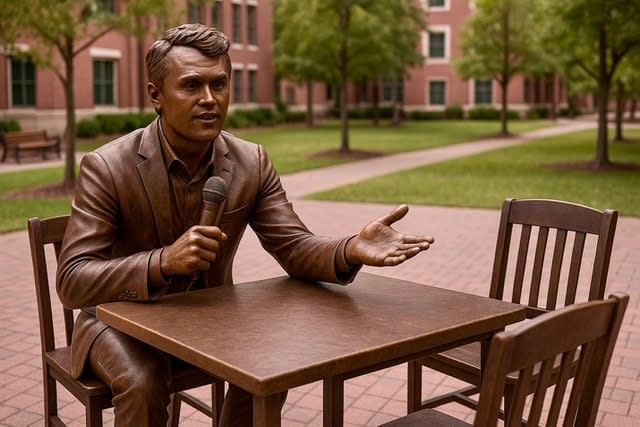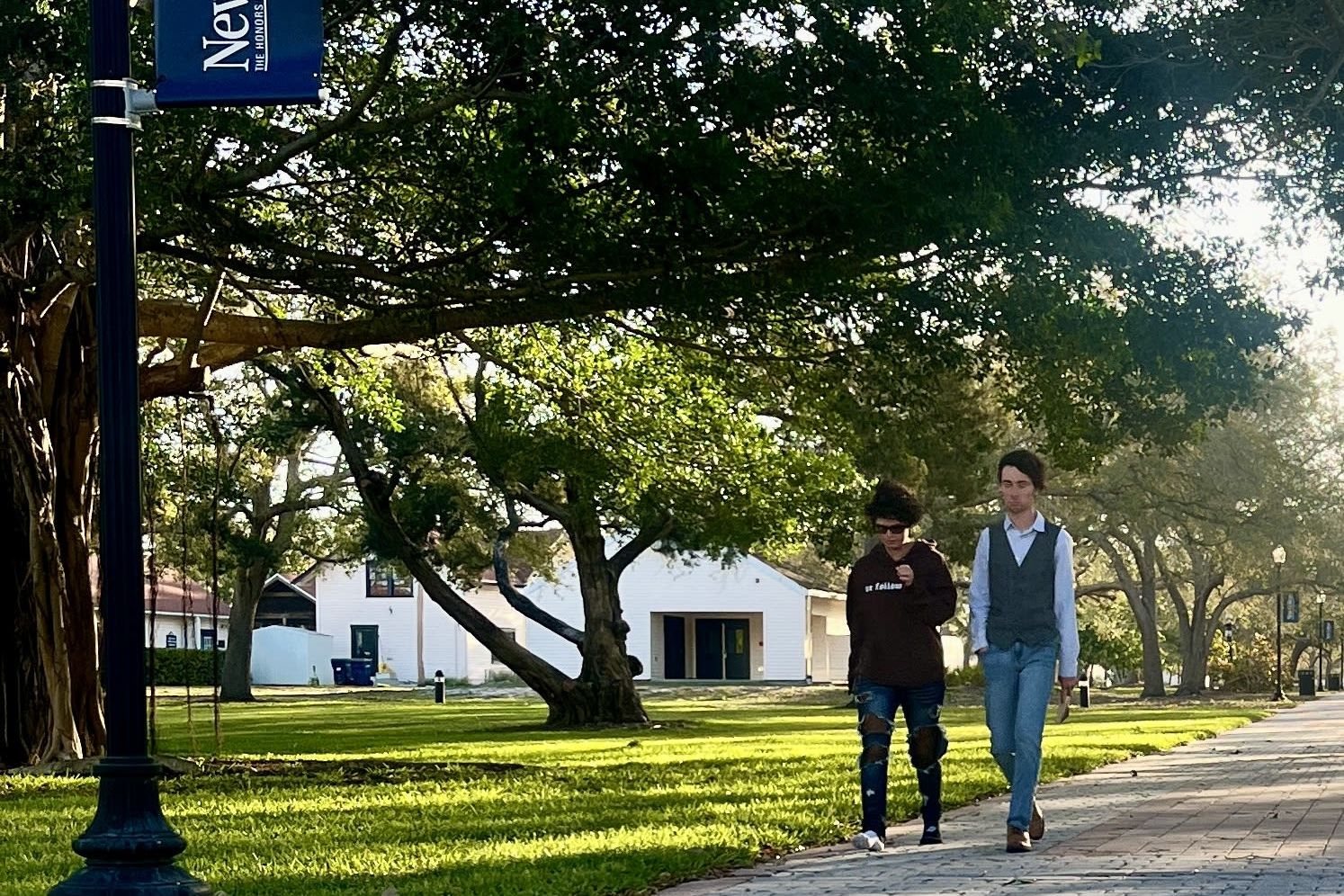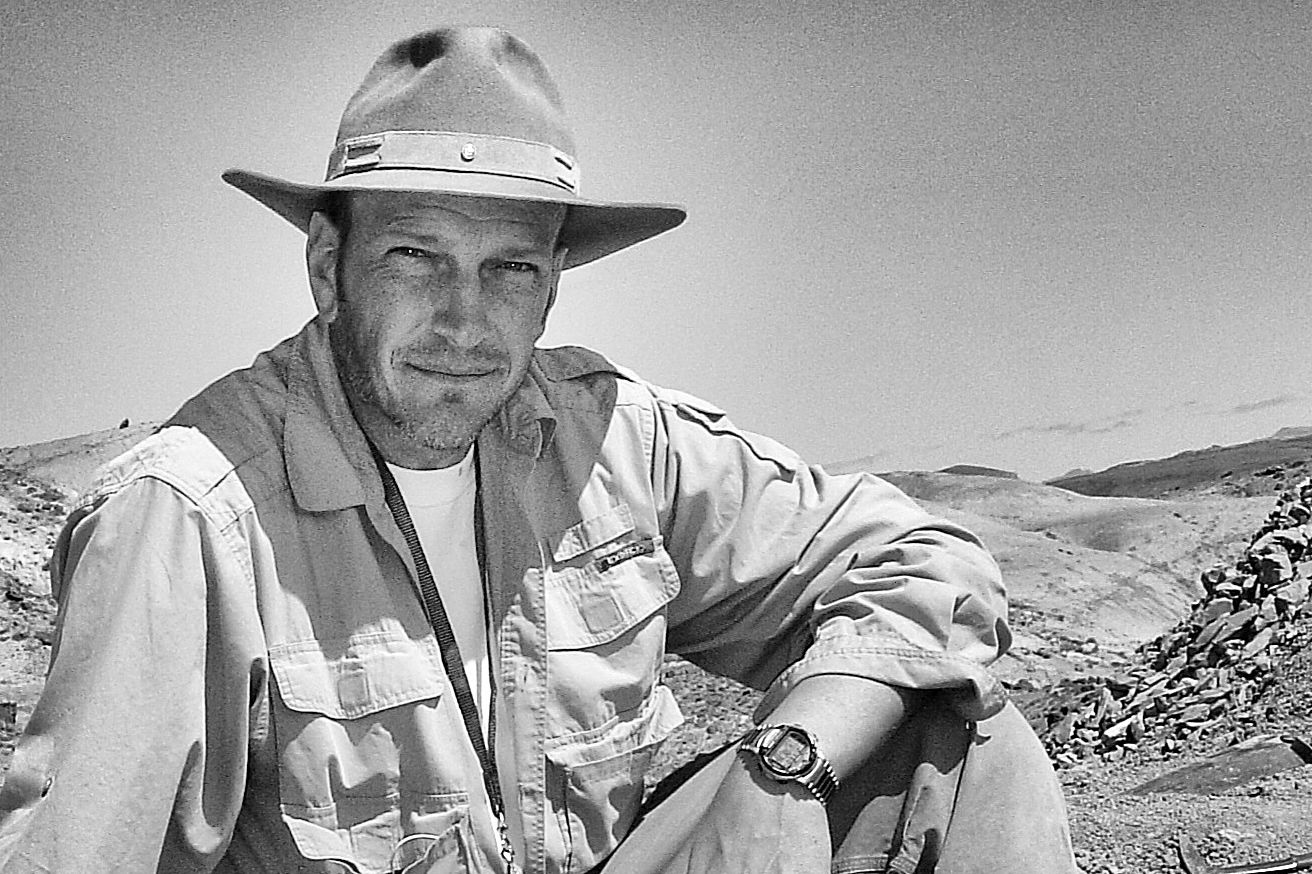New College Economist Says a Massive 'Green Stimulus' Could Boost the Economy
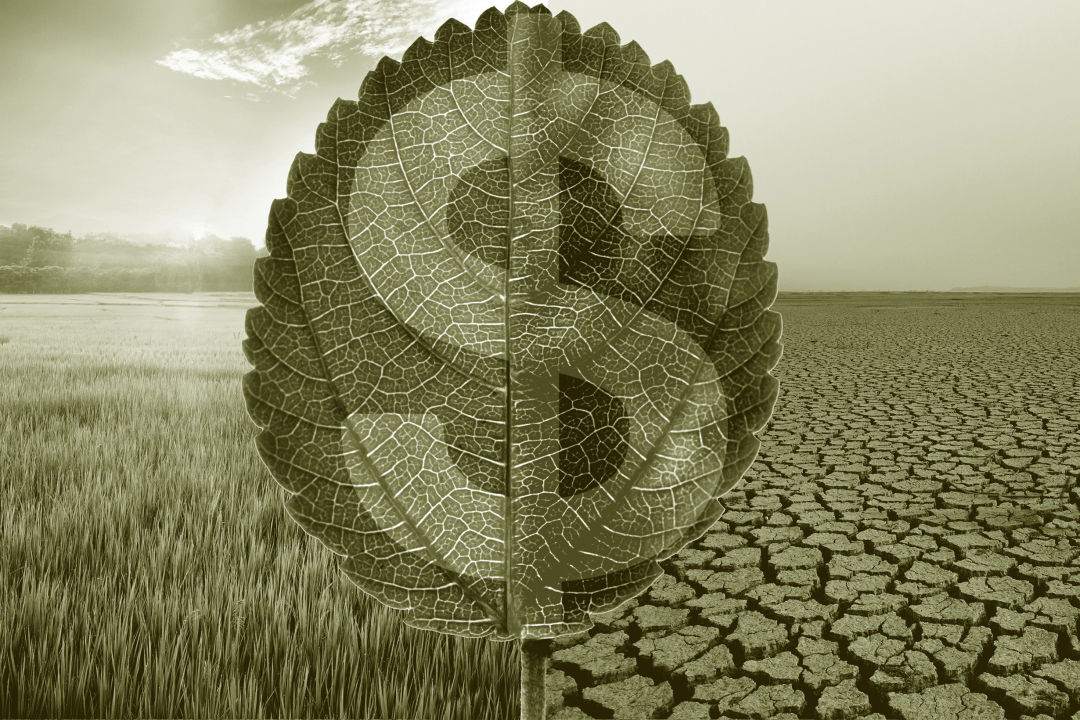
Image: Shutterstock
In the past month, shutdowns caused by the COVID-19 pandemic have thrown more than 22 million Americans out of work, and experts say the current unemployment rate could already be higher than 20 percent, up from just 3.5 percent as recently as February. To help struggling individuals and businesses, Congress has already approved $2 trillion in spending, with another $500 billion perhaps in the works.
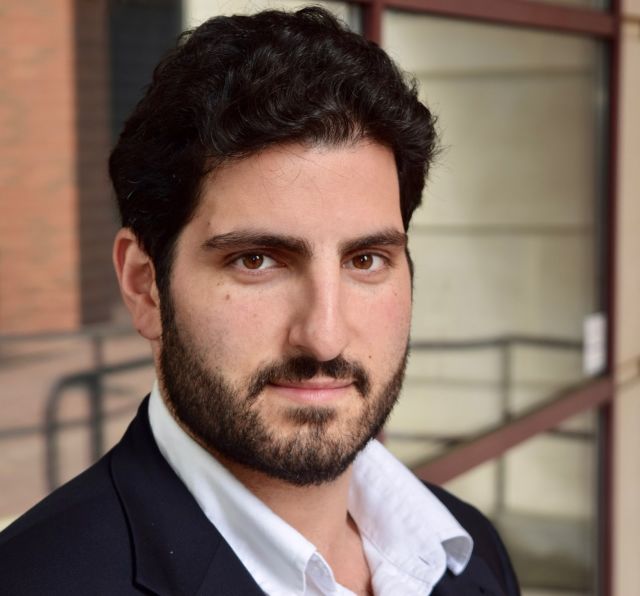
New College of Florida assistant professor of economics and environmental studies Mark Paul.
Image: Courtesy Photo
Mark Paul, an assistant professor of economics and environmental studies at New College of Florida, says such spending offers "relief" to Americans, but he argues that "recovery" programs must follow.
And what should recovery look like? Paul has an idea: a sweeping "green stimulus" program that, he says, would create millions of good-paying jobs doing things like building clean energy infrastructure and retrofitting existing buildings, while also cutting carbon pollution to try to limit global warming.
It's a plan Paul has outlined with colleagues in op-eds, open letters and research papers in recent years. He says the case for it is even stronger now, and that Congress should take advantage of historically low interest rates.
"It has never been cheaper to invest in the green economy we need," Paul says.
The idea is also popular, Paul points out. He's a senior fellow at Data for Progress, a think tank that measures support for progressive policy positions. A recent poll from the organization found that 49 percent of Americans support a $2 trillion green stimulus, with just 29 percent opposed. Among those 45 and younger, 60 percent support the proposal and just 18 percent are opposed. Overall, 74 percent of Americans support public investments in renewable energy.
While the coronavirus may prevent green infrastructure projects from being started immediately, Paul argues that Congress should be working now to prepare for when the pandemic passes. The sooner the federal government begins disbursing funds to states, cities and counties, the sooner local governments can begin soliciting input from the public, applying for permits and finishing other tasks that need to be completed before work actually begins. But that's not happening.
"The crisis is raising people's interest in and awareness of the biggest issues of our time, which are a lack of government planning and a lack of health care," Paul says. "We have a lot of public interest in the climate crisis, and we are seeing in the fringes of Congress a lot of interest in these ideas, particularly among progressive Democrats. However, Speaker Pelosi has failed to lead on climate change, and that is gravely troubling to me. I'm not sure what evidence she needs to see."
Conventional wisdom often holds that for America to address climate change, individuals must sacrifice by consuming less. Paul rejects that. "We can address the climate crisis while also improving people's livelihoods," he says.
